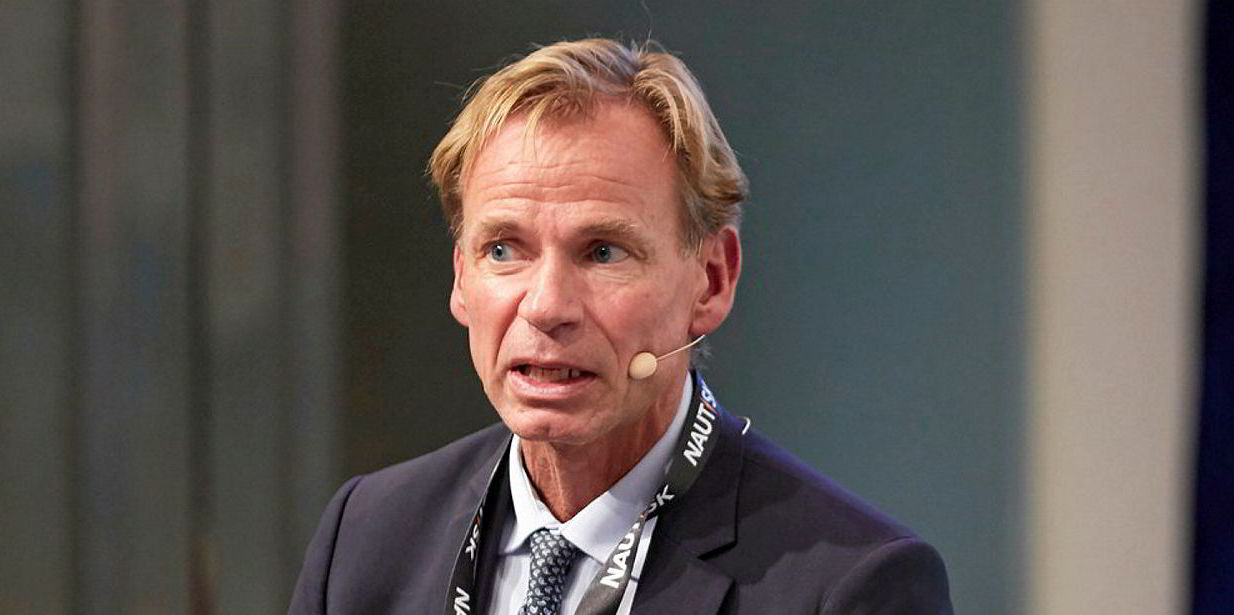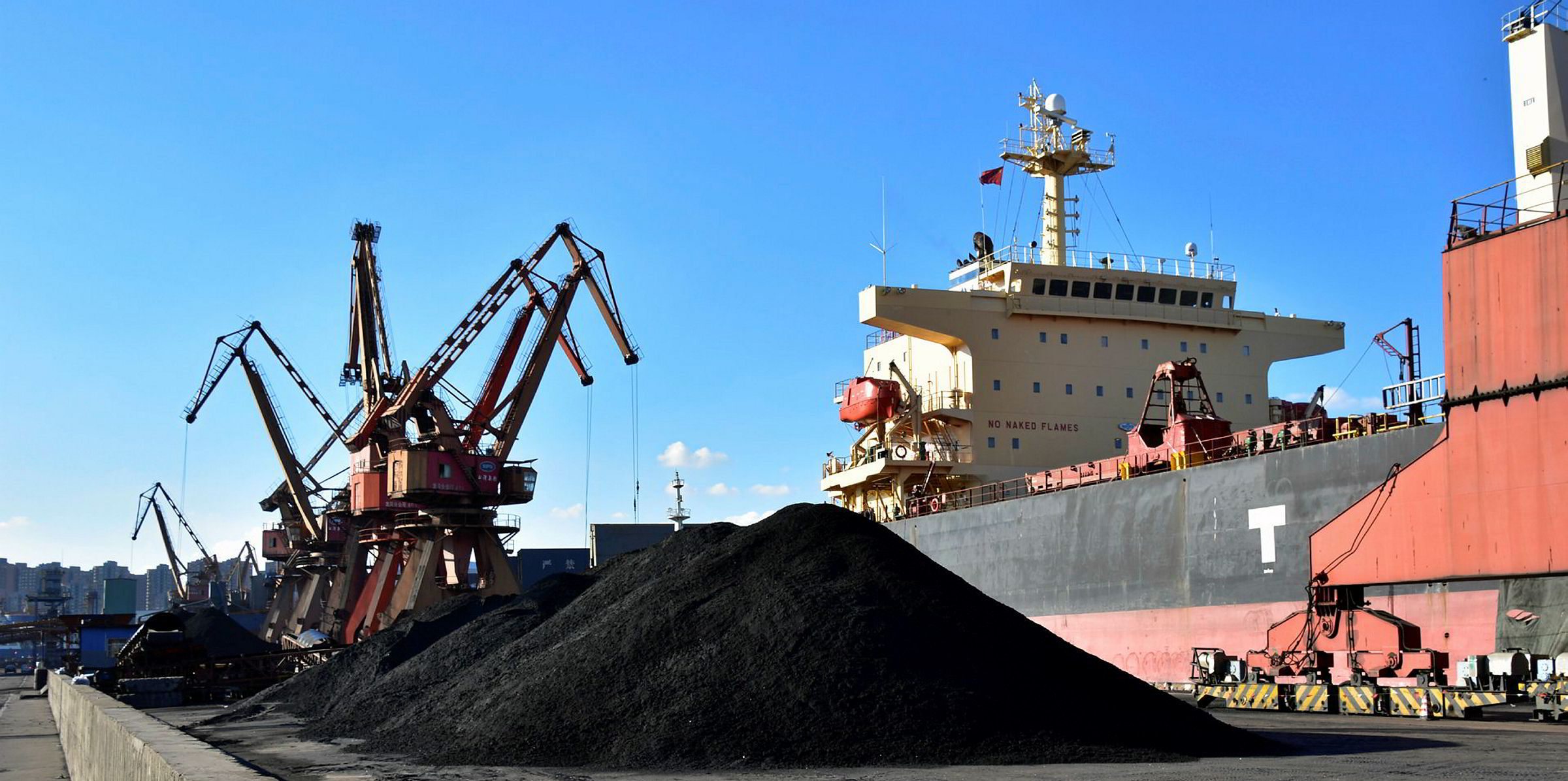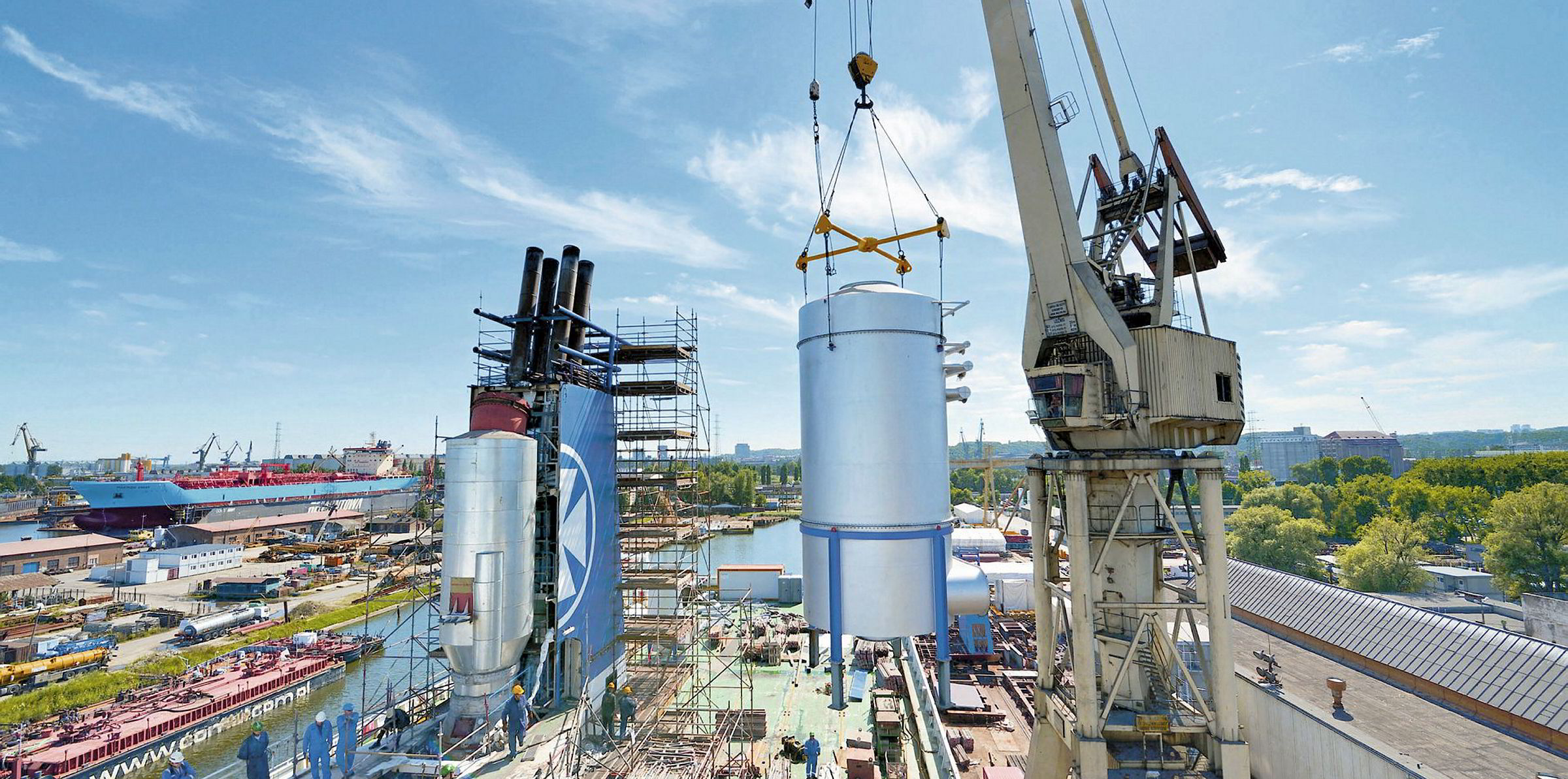Coronavirus is taking an extra toll on the smaller bulk segments in the depressed global market.
Some handysize owners have no choice but to send ships to Chinese ports hit by the disease, at the risk of substantial delays and quarantine afterwards.
But the low-rate environment has left them without any bargaining power to extract compensation from charterers.

Meanwhile, others including one of the biggest handysize owners, Pacific Basin Shipping, see no severe complications from coronavirus for the time being.
Shipowners can't resist
Wang Haifeng, the Shanghai-based general manager of Maple Leaf Shipping, told TradeWinds that many handysize owners are unable to resist offers of Chinese business.
This is despite concerns over quarantines of up to 14 days in some destination countries, restrictions on crews and the risk of being shut out of some nations’ ports altogether.
Wang is seeing zero-dollar deals, including one job he lost this week for repositioning from the northern Pacific to the Atlantic.
"We bid about $1,500 per day in time-charter equivalent terms," he said. "The winning rate was about zero in time-charter terms, based on our calculations for a standard ship. In such a market situation, there are no bonuses available for going into Chinese ports."
In dry bulk, Maple Leaf owns 15 ships ranging from handysize to panamax, including a few dedicated to the Chinese coastal trade.
"For our other ships, we are avoiding all Chinese ports for at least the next 30 days," Wang said. He can do so only because most of his fleet was already positioned in the Atlantic ahead of the Chinese New Year.
Shipyard-owned Maple Leaf has access to peer information as one of four owners in the China Handysize Alliance chartering platform.
Avoiding Chinese ports is not an option for Taiwan-based Wisdom Marine Lines.
Wisdom runs a much larger fleet of about 130-owned ships from small handysizes up to capesize bulkers, but with most of its spot-market operation focused on the smaller segments.
Labour shortages
Wisdom chief operating officer Mike Chao Tzu-Lung said coronavirus-related labour shortages are slowing cargo operations in many Chinese ports where the company calls.
"Discharging is slow because there is not sufficient manpower," Chao said. "It's happening everywhere. There's no way to avoid it."
Our Chinese crews are frustrated by not being able to go home, but they understand. Many of them may prefer not to go home anyway, under the circumstances
Wisdom chief operating officer Mike Chao Tzu-Lung
That problem is compounded by the shortage of available steel export cargoes, as mills face the same labour shortages as ports and shipyards.
“We don’t really have any ships idled, but we do see a slowdown,” he said. “There is just less cargo on the market. How bad it is going to get, we have to wait and see.”
Wisdom suspended crew changes for mainland Chinese crews in mid-January, when the Beijing government began to address the coronavirus outbreak seriously.
"Our Chinese crews are frustrated by not being able to go home, but they understand," Chao said. "Many of them may prefer not to go home anyway, under the circumstances."
Handysize market leader Pacific Basin, like many other Hong Kong companies, is imposing a 14-day home quarantine on staff returning from holidays in mainland China.
But chief executive Mats Berglund is not worried about two-week restrictions on his company’s ships.
"Some countries like Australia have imposed a 14-day quarantine for ships arriving from Chinese ports, but that clock starts running when the ship leaves China, and it takes longer than 14 days for ships to arrive in Australia anyway," he said.
Dry-docking exposure
The three owners have different exposure to the problems of Chinese shipyards during the coronavirus crisis.
Maple Leaf was originally started by the small Taizhou Maple Leaf Shipyard to commercially operate ownerless newbuildings. It can dry dock its own fleet, with capacity for two or three ships at a time.
Wisdom currently has four or five ships at Chinese repair yards from Qingdao to Zhangjiagang to Fuzhou, and Chao said work is still proceeding on them.
Despite its large owned fleet, Pacific Basin is not among those caught with ships in dry dock at the Chinese New Year holiday. A fleetwide dry-docking programme, including scrubber installations on some vessels, was completed ahead of the 1 January deadline for IMO 2020 emissions rules.
"We are avoiding dockings in the immediate future," Berglund said.





